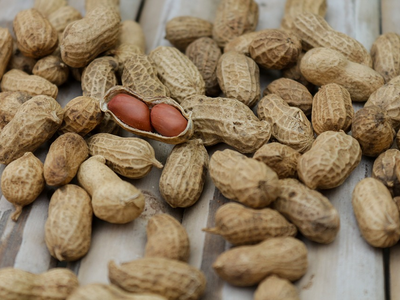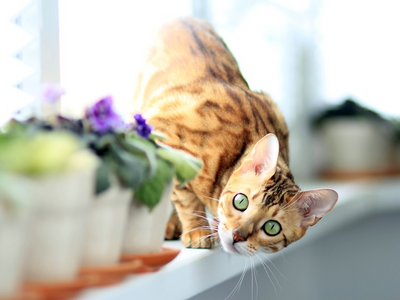26.09.2022
Are essential oils safe for cats? The dilemma resolved
Essential oils smell fantastic, have numerous benefits for humans, and can be applied in many different ways. They are used for aromatherapy, beauty products, and to make our houses smell fresh and homey.
What happens if you share a home with a feline companion? Are essential oils safe for cats? Untamed explains what essential oils are harmful to felines, how to keep your kitty safe around them, and how to recognise signs of essential-oil poisoning.
What essential oils are bad for cats?
Unfortunately, most essential oils are toxic to felines.
Since they have so many benefits for humans, cat parents may unknowingly expose their furry friends to them. They may think that a particular essential oil could help with a health issue, especially if a traditional treatment method has failed. Sadly, essential oils can cause more harm than good to cats, so it would be best to avoid them altogether.
While not a single essential oil is perfectly safe for cats, some are particularly harmful, while others can be safe if used with extreme caution. Check out the table below for more details:
|
Which essential oils are toxic to cats? |
Which essential oils are safe for cats? |
|
|
It would be better not to use essential oils on cats because the risk of poisoning is too high, and the benefits are questionable. Stick to pet-appropriate products and meds because their effects on felines have been checked and assessed by experts.
Why are essential oils harmful to cats?

This is the aromatherapy I need.
Source: Yerlin Matu
Essential oils are harmful to felines because cats lack the liver enzyme glucuronyl transferase, responsible for breaking down carbolic acid, aka phenol. This substance is present in drugs such as ibuprofen, aspirin, and acetaminophen, as well as in many essential oils.
Essential oils are particularly dangerous if undiluted. Products like diffusers, toiletries, and cosmetics usually contain diluted essential oils, but the oils used as carriers to dilute them can also make your cat sick if they ingest them, primarily because of the high fat content.
How can essential oils affect your cat?
Essential oils are aromatic compounds extracted from plants. They can be distilled in various concentrations, from pure essential oil to 1% concentration, which can be diluted with another carrier oil with no smell. The higher the essential oil concentration, the more harmful it is to cats.
Essential oils can harm your kitty through:
- Skin contact—Although cats have thicker skin than humans, and many topical products made for human use won't work on them, this is not true for essential oils. They are lipophilic, so they get easily absorbed through the skin and mucous membranes. The substance gets into the bloodstream and is metabolised and processed in the lever. As felines lack the liver enzyme necessary to break down essential oils properly, serious health complications can occur. Essential oils also cause severe skin reactions
- Ingestion—Your furry friend may accidentally swallow essential oils. They may also lick them off their fur, which is another reason never to apply essential oils directly to their skin
- Inhalation—Essential oils travel through the air as scents. If you have reed diffusers, plug-in diffusers, or warmers in your home, they can cause respiratory irritation in your cat. Nebulisers or ultrasonic diffusers can pose an even greater danger because, besides the scent, they release tiny droplets of oil that land on nearby items. These droplets may land on your kitty's fur. Although it is not common for a cat to suffer serious consequences from inhaling oils from diffusers, it can be dangerous if your kitty suffers from asthma
No matter how your cat gets into contact with essential oils, they can cause severe organ damage, including liver failure.
How to keep your cat safe around essential oils

I will wait like this until you finish with that heckin’ diffuser.
Source: Daria Shatova
If you share your home with a feline companion, you don't have to throw out all essential oils, but you should keep them out of paw’s reach.
Here are the steps to follow:
- Keep essential oils locked—Make sure the lid on the packaging is tight and keep the oil in a closed cupboard your kitty can't access
- Only use heavily diluted oils—Essential oils in low concentrations minimise the risk of poisoning
- Don't rub essential oils on your furniture—Cats like to rub against various objects, which is how they can get the oil on their fur
- Wash your hands after you've handled essential oils—You may have oil residue on your hands that you can transfer onto your kitty's fur
- Don't let your cat in the room with oil diffusers—If you decide to let your kitty in the room where you used an oil diffuser, make sure you properly ventilate it first
- Use prescription flea products only—Although some essential oils can repel fleas, mosquitos, and ticks, you should refrain from using them on your kitty. Avoid flea treatments containing essential oils, as they are usually less effective and potentially harmful to your cat
How to detect essential oil poisoning in cats
If you have essential oils in your home, you should learn to recognise the signs of essential oil poisoning because it can cause long-term respiratory, liver, or neurological damage.
Here are the symptoms to watch out for:
|
Problem |
Symptoms |
|
Gastrointestinal issues |
|
|
Respiratory irritation |
|
|
Dermatological irritation |
|
|
Central nervous system impairment |
|
|
Liver damage |
|
If you suspect your feline companion has ingested an essential oil, take them to the vet immediately, even if they seem fine. It would help if you could tell which oil they have swallowed as well as the concentration.
Keep in mind that most symptoms mentioned above can also indicate other medical issues, but it's vital to act swiftly because the consequences of oil poisoning can be fatal.
How do you pamper your kitty if you can't use essential oils?

Do I not look calm enough?
Source: Michael Sum
You don't need essential oils if you want to make your feline calm and comfortable. They will be happy if you:
- Give them attention
- Feed them a well-balanced diet
Giving your cat attention
If you spend 30 minutes twice a day playing with or training your kitty, they will be happier and healthier. Encouraging your cat to be active has many benefits, including keeping them at a healthy weight and avoiding numerous lifestyle-related problems, such as:
- Diabetes
- Hyperthyroidism
- Joint problems
- Heart disease
Feeding your cat a well-balanced diet
Nutrition is a crucial aspect of caring for your feline friend. Pay attention to how much, how often, and most importantly, what you feed your cat. Since cats are obligate carnivores, their diet should be based on:
- Animal protein—Lean meat and fish are the best sources of amino acids—like taurine—necessary for skin and coat maintenance, healthy organ function, strong muscles, etc. Animal protein is the only viable energy source for felines and must exceed 50% of their daily food intake
- Animal fat—Animal fat delivers healthy fatty acids—like linoleic, arachidonic, omega-3, and omega-6 acids—necessary for cell integrity, healing, and skin health. This is especially important if your cat suffers from flea allergies and is susceptible to viral skin infections. Instead of using essential oils to repel fleas and possibly cause more harm, feed your cat food with adequate amounts of fatty acids to promote their skin health and repair. Keep in mind that fat should be under 20% in your cat’s diet because high amounts will have a counter effect on felines
Diet based on meat and fish will provide your feline friend with all the vitamins, minerals, antioxidants, and other micronutrients they need to be healthy, making the use of essential oils unnecessary.
Recognising good cat food

Good cat food has plenty of meat or fish.
Image (c) Untamed
Whatever type of cat food you choose—wet, semi-moist, dry, homemade, or raw—always check the ingredients to ensure that clearly defined meat is listed first. Skip the products containing:
- Grains
- Vegetables
- Artificial additives
- Meat derivatives
Felines lack the enzymes necessary to process plant protein, so their consumption may lead to gastrointestinal problems, including:
- Vomiting
- Diarrhoea
- Flatulence
- Irritable bowel syndrome
- Nausea
- Indigestion
The table below shows the biological values of different protein sources, demonstrating the efficiency with which cats can metabolise them:
|
Protein type |
BV |
|
Animal protein: |
88%–98% |
|
Vegetable protein: |
45%–68% |
Forget about essential oils! Treat your kitty to Untamed!

Nothing can substitute a healthy diet.
Image (c) Untamed
Untamed wet meals keep your feline friend happy, calm, and healthy with:
- Plenty of meat and fish—With at least 60% of top-quality whole meat, you won't have to trick your kitty into eating wet food. Whether you pick Chocka Chicken, Tuck-In Tuna, or Full-On Fishy products, your kitty's dietary needs will be satisfied. Our nutritious jellies and gravies are suitable for:
- Growing kittens who should avoid digestive problems
- Pregnant queens in need of extra energy
- Adults struggling with weight gain
- Older cats who need balanced meals to maintain their muscle tone and appetite
- Vet-formulated recipes—We work with vets to ensure your cat gets all the necessary nutrients regardless of their sterilisation status, breed, or life stage. We want to make sure Untamed is suitable for sensitive kitties struggling with food allergies, so we use hypoallergenic ingredients in our meals. Untamed dishes can also help with:
- Urinary tract infections (UTIs), cystitis, and bladder stones
- Diabetes, pancreatitis, and other metabolic disorders
- Weight management problems (both weight loss and obesity)
- Excessive shedding and hairballs
- Ethical production—Untamed is committed to keeping our planet clean, so our entire supply chain is carbon footprint neutral. We only cooperate with sustainable and cruelty-free suppliers, and our packaging is 100% recyclable
To see your cat thrive, forget about essential oils and order Untamed.
Have Untamed delicacies delivered to your doorstep
Getting healthy and tasty food for your kitty is easy with Untamed.
All you need to do is:
- Share some info about your feline friend
- Pick the products and create a tailor-made meal plan
- Order a trial pack
Once your furry companion picks their favourite dishes, you can subscribe to Untamed and get:
- Free shipping
- Easy order modification
- Option to skip or delay a delivery
- No-questions-asked cancellation policy
Our clients report that you can expect the following benefits:
- Within a week—Neater litter tray, no mood swings
- Within two months—Leaner body, easy digestion
- After four months—Gorgeous fur, less shedding, fewer hairballs
- For life—Fewer health niggles, easy weight control, healthy eating patterns

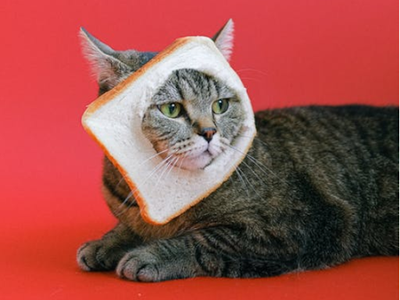
![Associated image for Best food for Ragdoll cats in the UK [Broken Down]](http://untamed.com/cdn/shop/articles/featured_best_food_for_ragdoll_cats_uk_400x300_crop_center.jpg?v=1646818249)
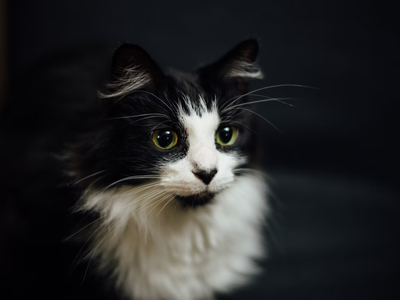
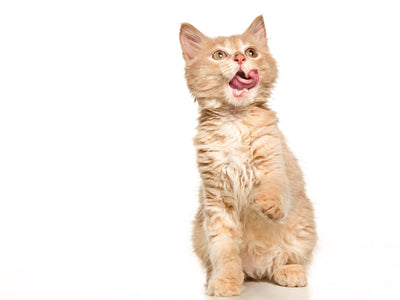
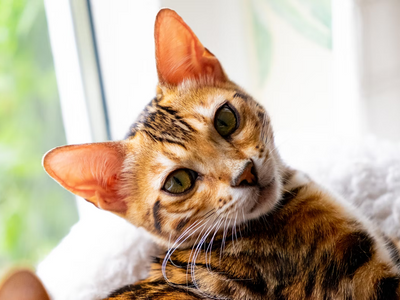
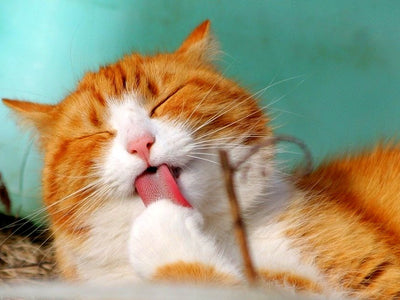
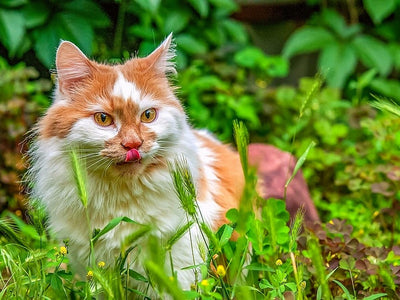
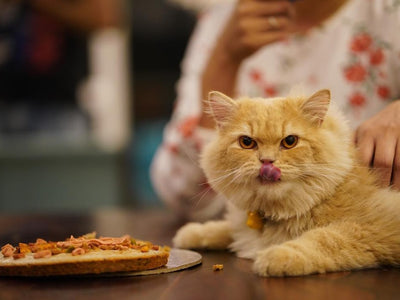
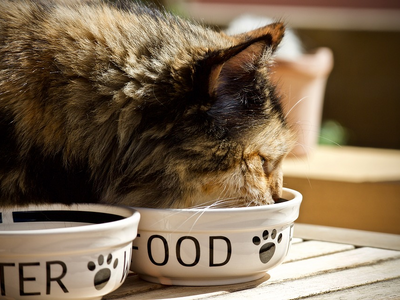
![Associated image for What human food can Sphynx cats eat? [Comprehensive list]](http://untamed.com/cdn/shop/articles/what_human_food_can_sphynx_cats_eat_Featured_400x300_crop_center.jpg?v=1648705074)
